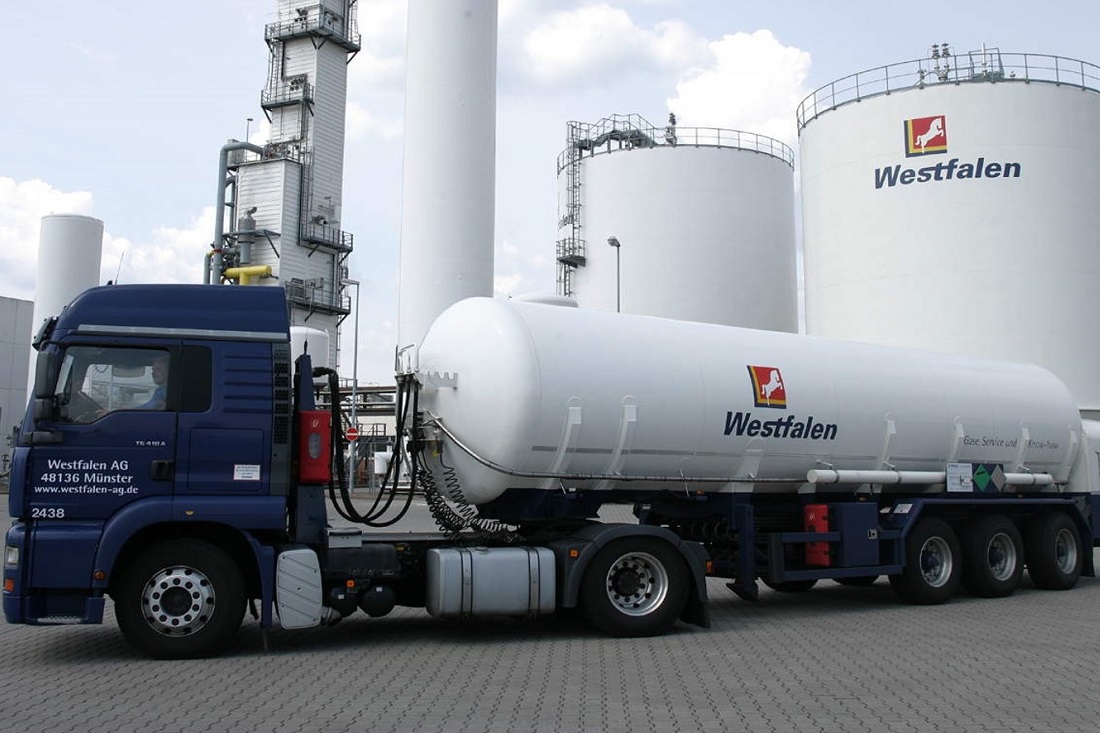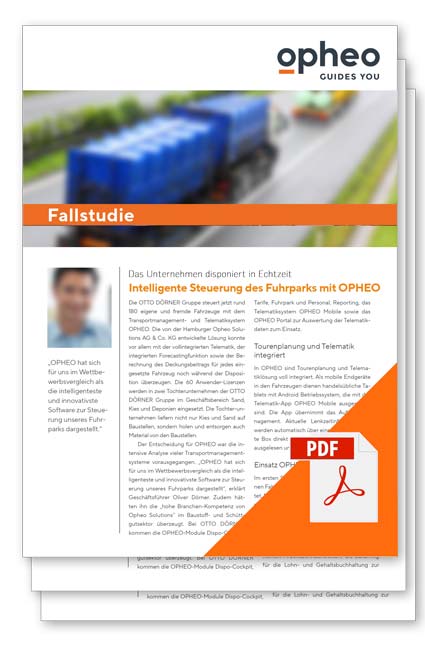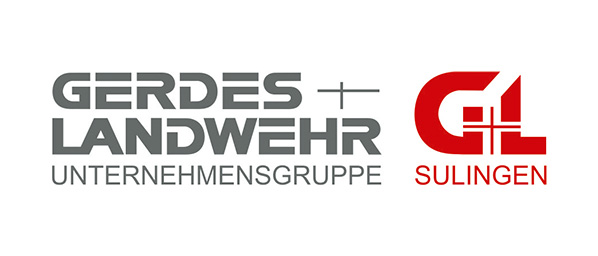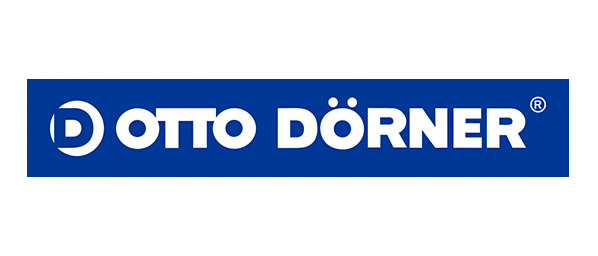
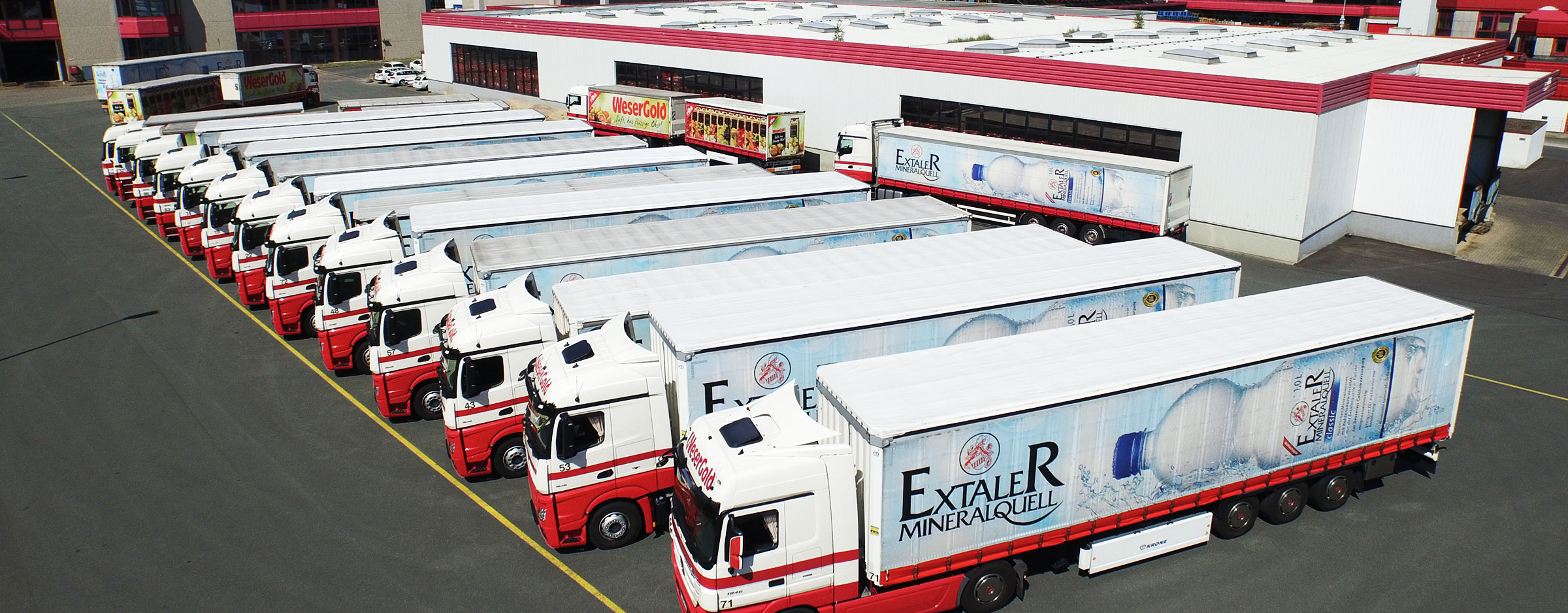

Requirements:
- Reduction of truck waiting times during loading
- Interface to SWM merchandise management system
- Simple connection of external forwarding agents
- Clear adherence to time and budget in the project phase
Benefit:
- Massive increase in productivity due to simple user interface
- Planning data already available in the warehouse for automatic order picking
- Integrated telematics solution brings significant reduction in driver arrangements and customer calls
- Digitalisation of processes reduces paper consumption by 85%
More information:
Webseite RIHA Wesergold
Highly Efficient, Digitised Logistics – RIHA Wesergold controls supply chain with OPHEO
Industry: Beverages
OPHEO products: Dispo Cockpit / OPHEO MOBILE / Predictive Planning / Tacho Data
Long waiting times for trucks are a thing of the past at RIHA WeserGold in Rinteln. The medium-sized beverage producer has managed to significantly streamline its processes with the OPHEO transport management and telematics system introduced in 2016. An example, the software is connected to the Trend SWM merchandise management system via an interface, which leads to highly automated processes.
The delivery orders, most of which are recorded in Trend SWM, are seamlessly transferred to OPHEO, where they are processed into optimised tours for the 109 company-owned trucks. In addition, there are the tours for around 80 vehicles from subcontractors – plus external orders entered directly in OPHEO.
“Every day, we process 150 to 200 orders with four dispatchers at the Rinteln location alone,” says dispatch manager Alfons Tebben. Soon, however, the division of labour will change, as one of the dispatchers will retire in 2017. “OPHEO and its easy-to-use dispo cockpit have led to a significant progress in productivity for us, so that we will use the successor primarily for the acquisition of additional freight,” Tebben plans …

More case studies





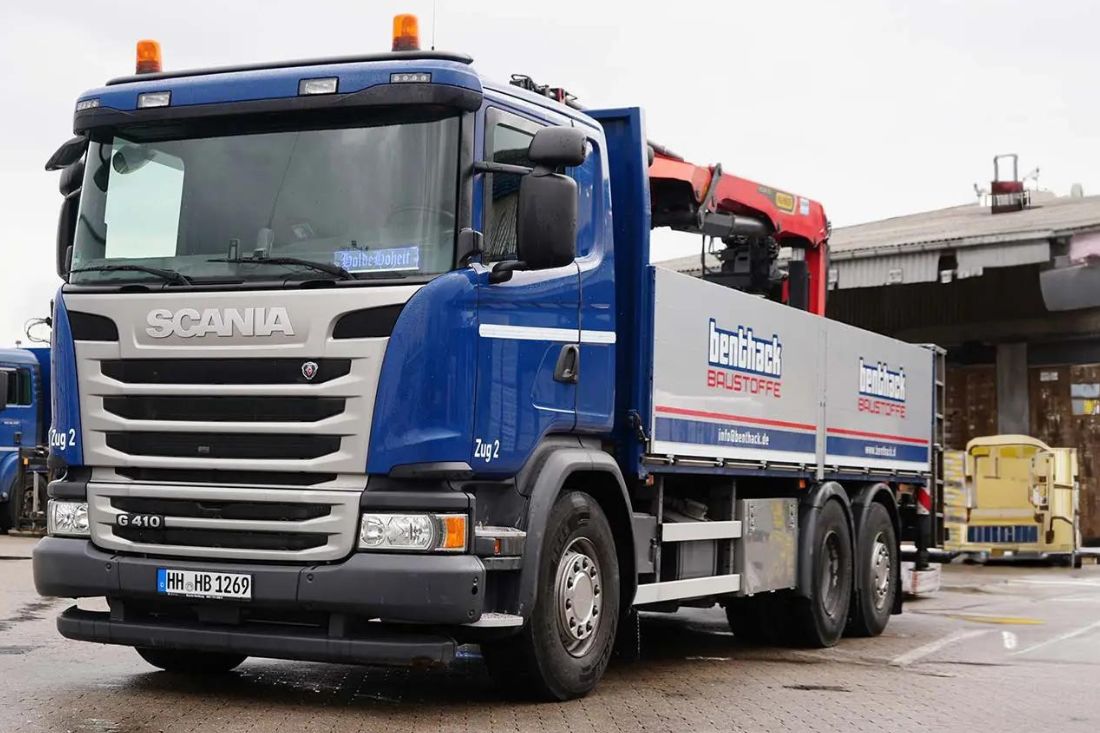
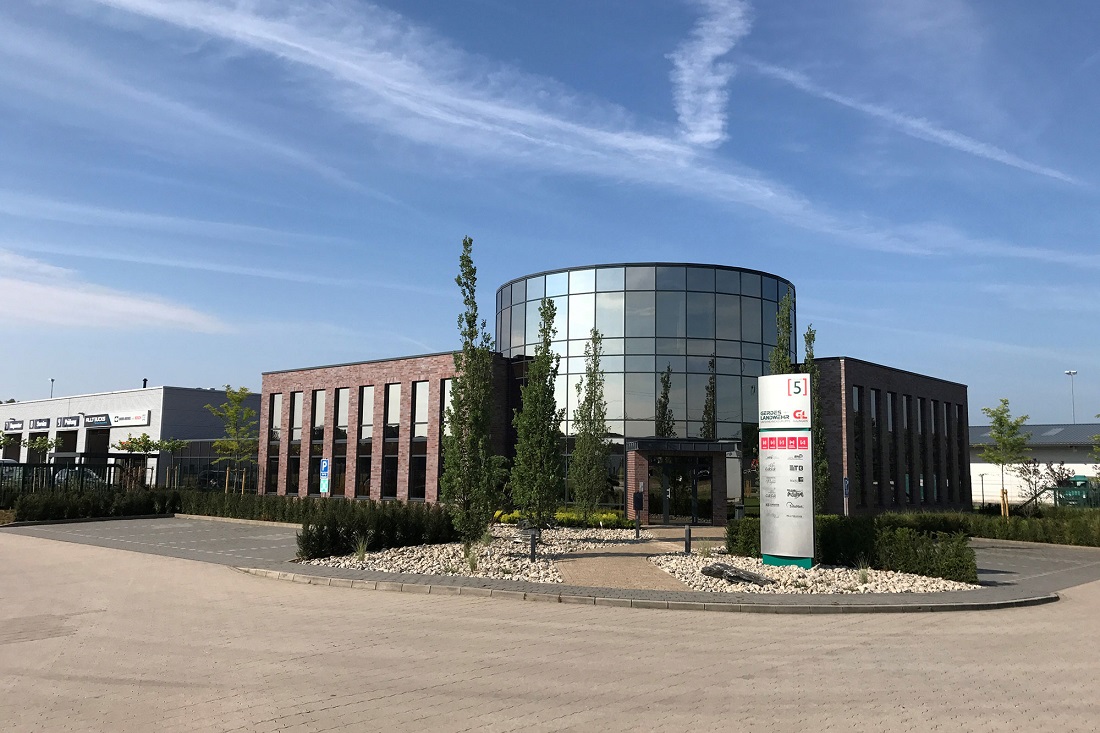

GIMA





